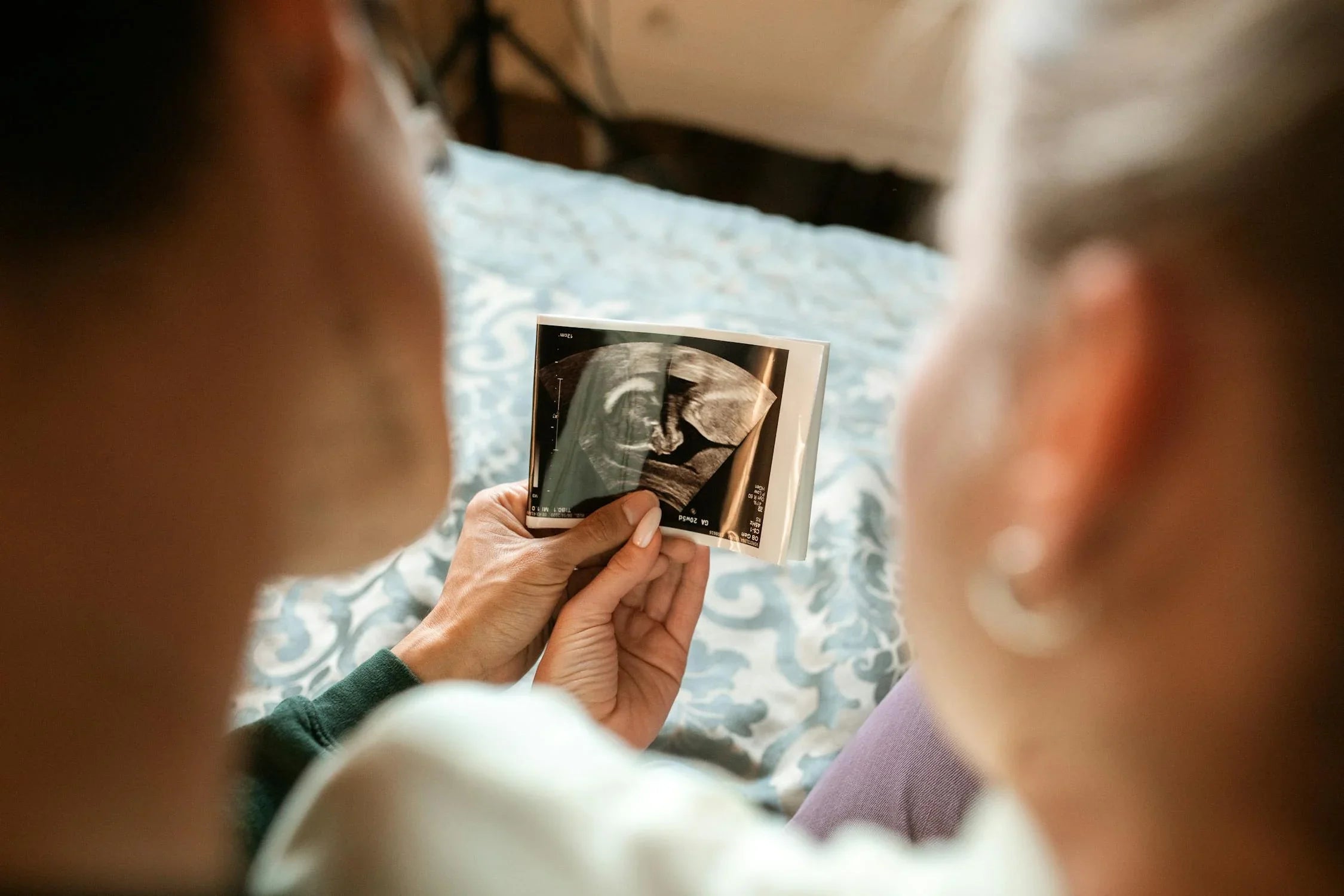Startseite
Pregnancy, Breastfeeding, and Pumping: The Ultimate Guide for Moms
Can You Get a False Positive on a Pregnancy Test? What You Need to Know

Can You Get a False Positive on a Pregnancy Test? What You Need to Know
Pregnancy tests are designed to be highly accurate, but the question remains: can you get a false positive on a pregnancy test? The answer is yes, and understanding why this happens can help you navigate the emotional and practical implications of such a result. Whether you're hoping for a positive or negative outcome, knowing the facts is essential.
What Causes a False Positive on a Pregnancy Test?
A false positive occurs when a pregnancy test indicates you're pregnant, but you're not. This can happen for several reasons. One common cause is the presence of certain medications or medical conditions that interfere with the test. For example, fertility treatments containing hCG (the hormone detected by pregnancy tests) can lead to a false positive. Additionally, some medical conditions, such as ovarian cysts or certain types of cancer, can produce hCG and trigger a positive result.
How Likely Is a False Positive?
False positives are relatively rare, especially with modern pregnancy tests that are highly sensitive and specific. However, they can still occur. Factors such as improper test usage, expired tests, or evaporation lines can contribute to inaccurate results. It's important to follow the instructions carefully and use the test at the recommended time to minimize the risk of errors.
What Should You Do If You Suspect a False Positive?
If you receive a positive result but suspect it might be inaccurate, the first step is to retest. Wait a few days and use a new test to confirm the result. If the second test is also positive, consult a healthcare professional for further evaluation. Blood tests and ultrasounds can provide more definitive answers and help rule out any underlying medical conditions.
Emotional Impact of a False Positive
Receiving a false positive can be emotionally challenging, especially if you're actively trying to conceive or are concerned about an unplanned pregnancy. It's important to approach the situation with patience and seek support from loved ones or a counselor if needed. Remember that false positives are rare, and taking the right steps can help clarify the situation.
Preventing False Positives
To reduce the likelihood of a false positive, always use a pregnancy test that is within its expiration date and follow the instructions carefully. Avoid testing too early, as hCG levels may not be high enough to detect. If you're taking medications or have a medical condition that could affect the test, consult your doctor for guidance.
While false positives on pregnancy tests are uncommon, they can happen. Understanding the causes and taking the right steps can help you navigate the situation with confidence. Whether you're hoping for a positive or negative result, knowledge is your best ally in ensuring an accurate outcome.
Teilen

